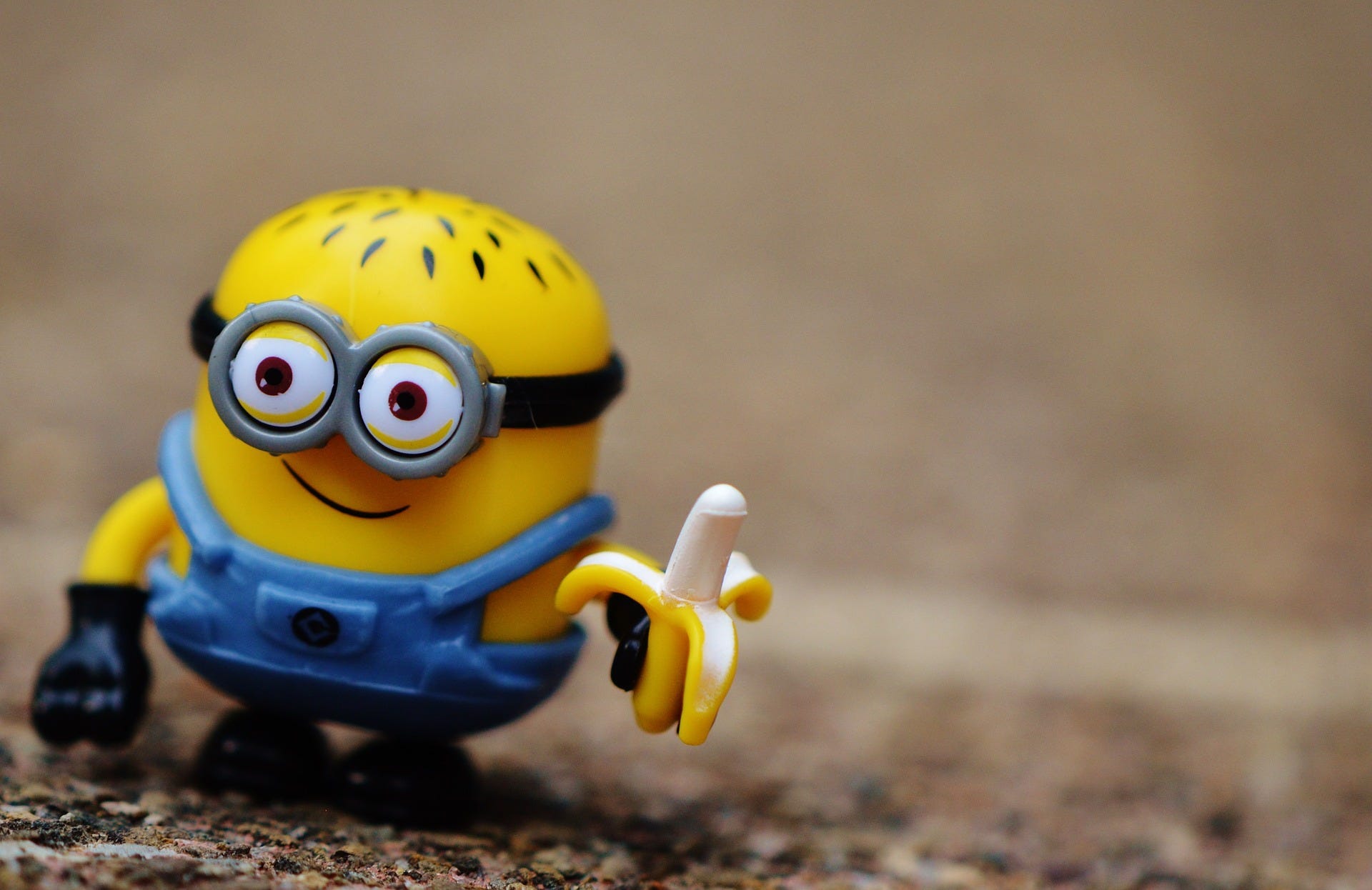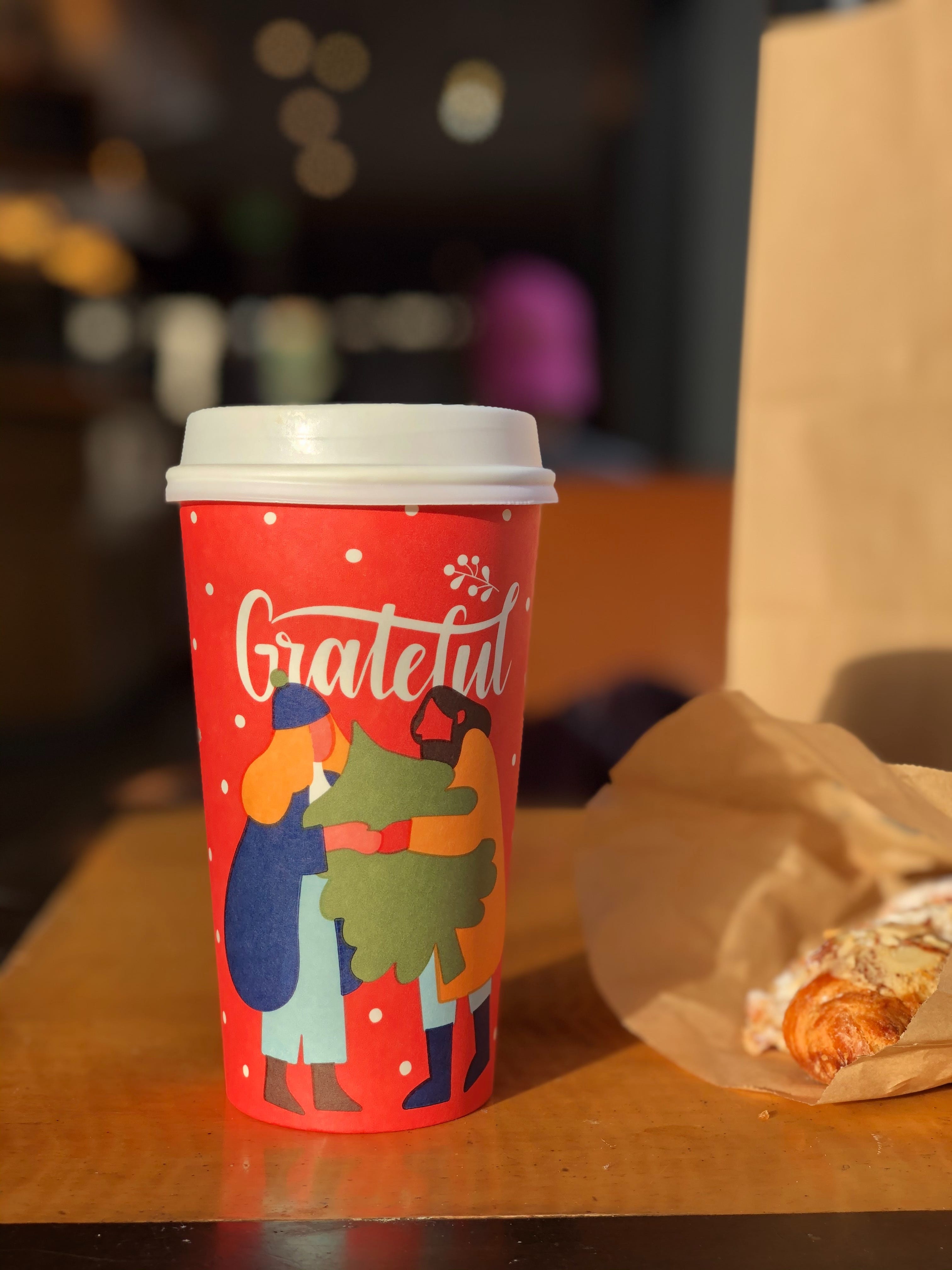
Although he can’t see the coveted bag, he knows it’s up there.
He slowly pushes the heavy wooden chair from the kitchen table into his mom’s bedroom. He maneuvers it around the bed until it is in front of the closet door.
As he climbs up on the chair and reaches overhead, he quickly realizes the seat of the chair is not high enough. He carefully proceeds to climb up the three rungs on the back of the chair. When he gets to the top he stands on his tiptoes and reaches as far as his ams will stretch.
He fingers brush a paper bag but it is not close enough to get ahold of it.
Determined, he climbs down and goes to the bookcase to fetch some books. He finds four books that are each relatively the same thickness and heads back to the chair. Under each leg he places a book. This will help give him the extra lift he needs to reach the bag.
He moves quickly because he knows she’ll be back any minute and she wouldn’t be happy with what he is doing.
With a quiet desperation, once again he climbs the wooden rungs on the back of the chair. But as he climbs, he struggles to maintain his balance on the chair which wobbles from the discrepancy in size of the books he placed beneath. As he lifts his foot onto the last rung of the chair, the imbalance causes the chair to suddenly pull out from under him.
CRASH!
Down he goes with the chair.
Seconds later his mom is in the doorway.
“Are you trying to get those bananas again? Don’t touch the bananas!”
She reaches to swat him with her paper, but he is too quick. No sooner than he hits the floor, he is running past her and out the front door.
He’ll be back. He always comes back for the bananas.
This was a common scene in Romania during the communist regime. Food was rationed and strictly tracked through cards provided to each family. If a family purchased more than their basic food allocation in a month, they could face imprisonment for six months to five years. (Source)
Imported foods, like bananas, were considered a luxury and not a staple item. As a friend explained his mom would often hide bananas above her closet door to ration and distribute to each member of the family.
It’s hard to imagine bananas, found in every corner store today, be so coveted that they warranted hours of strategizing for the potential to eat just one.
But as I listen to him recall stories of his “banana missions”, his happiness is palpable. I can feel his excitement as he describes how that banana felt in his hand, how it smelled as he peeled it opened and how its sweetness graced every taste bud in his mouth as he took a bite.
The truth is I sometimes barely notice the taste of a banana when it hits my lips. Generally it serves to bridge a meal or fuel after a run, but I certainly don’t appreciate and savour it like my friend did.
At times this extends to other parts of my life. With so much at my fingertips and seemingly unlimited options it can be difficult to focus and appreciate what’s right in front of me. The busy-ness of life can easily lend itself to rushing from one activity to the next in an effort to “get things done”. The moment one thing is done, another five appear out of no where. It is an endless loop.
Banana = Happiness
Those coveted bananas represent happiness. They symbolize hard work, determination and gratitude.
I used to think the path of least resistance and unlimited options would make me happy. But what I’ve learned is that this perceived luxury is not a luxury at all. It can bring happiness for a short period of time, but it does not cultivate a happy life.
It’s through the discipline, effort and resistance that come with working towards a goal that I experience joy. It’s by being present and savouring each moment, that I create happiness.



